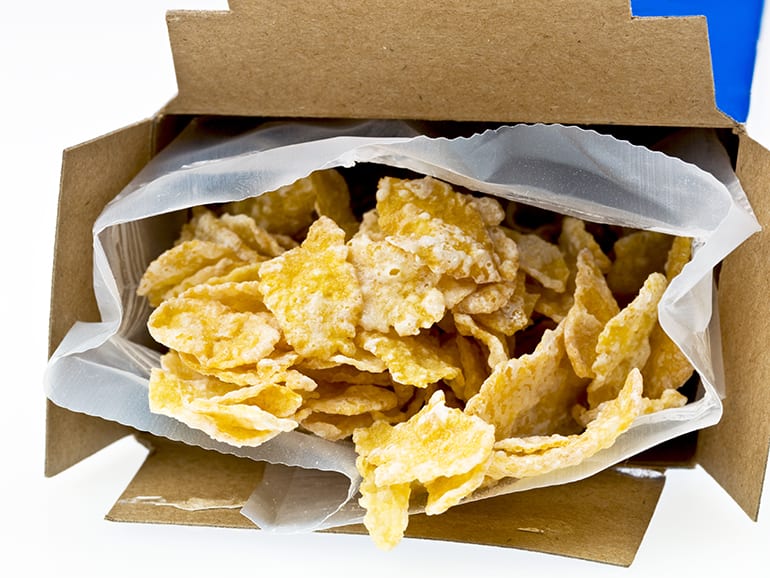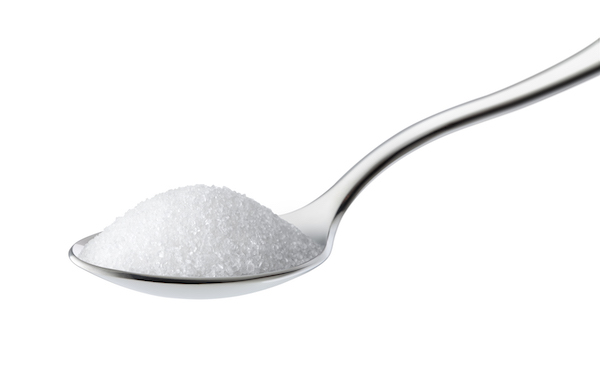[ad_1]
Once you’re beginning a healthy, satisfying eating plan, it’s necessary to know the outsized function sugar performs in your overall health. It’s in every little thing.
Whereas you might have heard it separated into complex and simple sugars with various levels of evil assigned to the latter, the reality is extra sophisticated than that.
What Are Easy Sugars?
A easy sugar is a type of carbohydrate, or saccharide. Totally different types of carbohydrate are categorized by the variety of sugar molecules they include: single, double, or a number of. Easy sugars, that are extra quickly-metabolized than their complicated counterparts, include one or two sugar molecules.
“Carbohydrates are massive chains of single sugars,” says Krista Linares, RDN, MPH, a registered dietitian nutritionist in Chapel Hill, North Carolina. “The time period ‘easy sugars’ often refers to those single sugars, or typically pairs of sugars, exterior the context of a bigger carbohydrate.”
The next sugars are categorized as simple carbs:
- Monosaccharides: These single-molecule carbohydrates are the best sugars and are the constructing blocks from which all carbs are made. Examples embody glucose and fructose.
- Disaccharides: These type when two monosaccharides mix. An instance is sucrose, a.okay.a. desk sugar.
The next sugars are categorized as complicated carbs:
- Oligosaccharides: This type of carbohydrate comprises three to 10 single sugars.
- Polysaccharides: Typically, these carbs include greater than 10 monosaccharides. Frequent polysaccharides embody starch and cellulose present in grains, tubers, greens, fruits, and different foods high in fiber.
What’s the Drawback With Easy Sugars?
Easy sugars — particularly added ones — burn quick, probably spiking blood glucose ranges and setting you up for a fast crash.
“Easy carbohydrates akin to desserts, white rice, and ice cream break down rapidly as soon as contained in the physique,” says Carrie Lam, MD, DABFM, a doctor in Loma Linda, California.
“This causes fast spikes in blood sugar ranges and subsequent valleys when the sugar is absorbed.” That invariably leaves you craving a hasty resupply, which is what typically results in weight acquire (amongst different potential problems).
For many of us, Lam says, meals containing easy carbs will be detrimental to our well being.
“Easy sugar” vs. “added sugar”
Whereas typically one and the identical, there’s an necessary distinction between the phrases “easy sugar” and “added sugar.” Easy sugar can happen naturally in meals however can also be added to packaged and processed foods.
It’s this distinction that may dictate how a easy sugar is metabolized by the physique. For instance, easy sugar is a pure part of fruit, which additionally comprises fiber.
It’s fiber that helps gradual the discharge of those sugars into the bloodstream, making them much less prone to spike blood glucose ranges and, due to this fact, much less dangerous to our metabolism. So it helps to take the entire meals under consideration when evaluating its sugar content material.
Methods to Spot Easy Sugars
Added sugar lurks in locations you’d by no means anticipate — together with some whole-wheat breads, pasta sauces, and low-fat products like flavored yogurt and ice cream.
In the course of the low-fat craze of the ’80s and ’90s, meals producers eliminated fats from merchandise however needed to retain taste. Guess what they selected instead?
On nutrition facts labels, sugar has many aliases. “Frequent names for sugar you may even see embody cane sugar, cane juice, corn syrup, fructose, glucose, sucrose, and turbinado sugar,” says Linares.
Frequent sources of easy sugars embody:
- Desk sugar (sucrose)
- White rice
- White flour and white breads
- Processed breakfast cereals
- Baked items like desserts, cookies, and pastries
- Soda
- Honey
- Chocolate
- Fruit juice
- Jelly and jam
To identify these easy sugars, all the time verify the diet information label, even should you’re shopping for a product you suppose is wholesome. Select one with little or no sugar and as a lot fiber and as few substances as doable.
Meals producers are required to specify added sugar quantities on a separate line, so regulate this quantity.
Ought to I Reduce Out Easy Sugars Utterly?
As defined above, naturally occurring sugar from actual meals is completely regular to eat. However added sugar will be detrimental to your well being and ought to be consumed judiciously.
The FDA’s dietary guidelines say it is best to restrict added sugar to 10 % of your every day energy.
To place it visually: The American Coronary heart Affiliation recommends that males eat not more than 9 teaspoons (36 grams) of added sugar per day and that girls restrict themselves to six teaspoons (24 grams) or much less.
The fact: the typical American consumes about 17 teaspoons (around 71 grams) daily. That’s partly as a result of many people don’t understand simply how a lot sugar lurks in sweetened drinks and seemingly wholesome meals.
A single can of normal Coke comprises 39 g of sugar. One cup of apple juice has 24 grams. And one 5.3-ounce cup of nonfat Chobani strawberry yogurt comprises 14 g of sugar. (Versus simply 5 g of sugar of their plain yogurt.)
“The dangers of added sugar are the identical because the dangers of too many carbohydrates usually, specifically extra sugar with out protein, fiber, or fats,” says Linares. “This doesn’t imply that folks want to chop sugar out of their weight-reduction plan utterly. As an alternative, I like to recommend pairing sugar with protein or fats to decelerate your physique’s absorption of the sugar.”
For instance, you can pair a number of squares of darkish chocolate with a tablespoon of almond butter, or use honey as a topping for plain Greek yogurt.
[ad_2]
Source link










